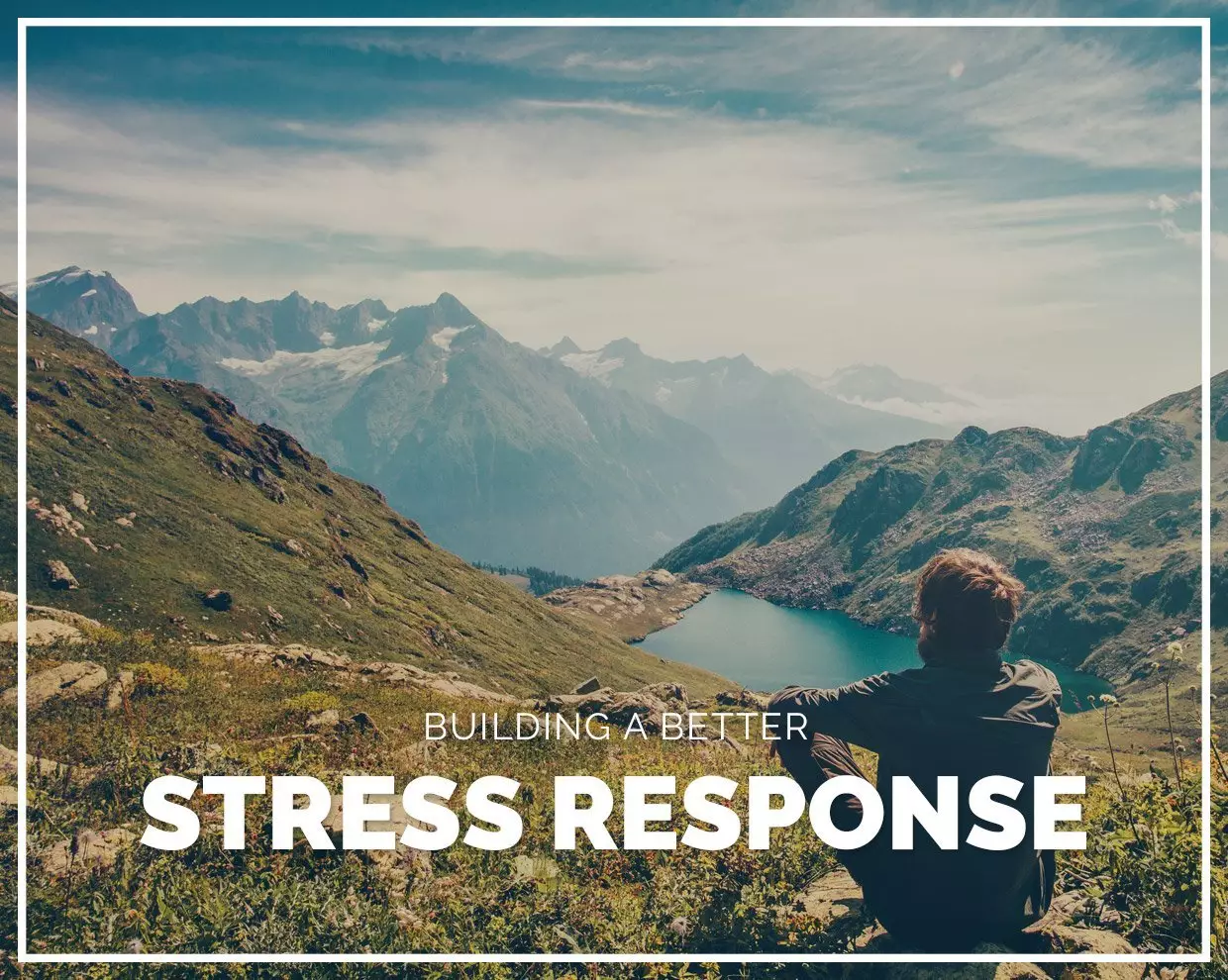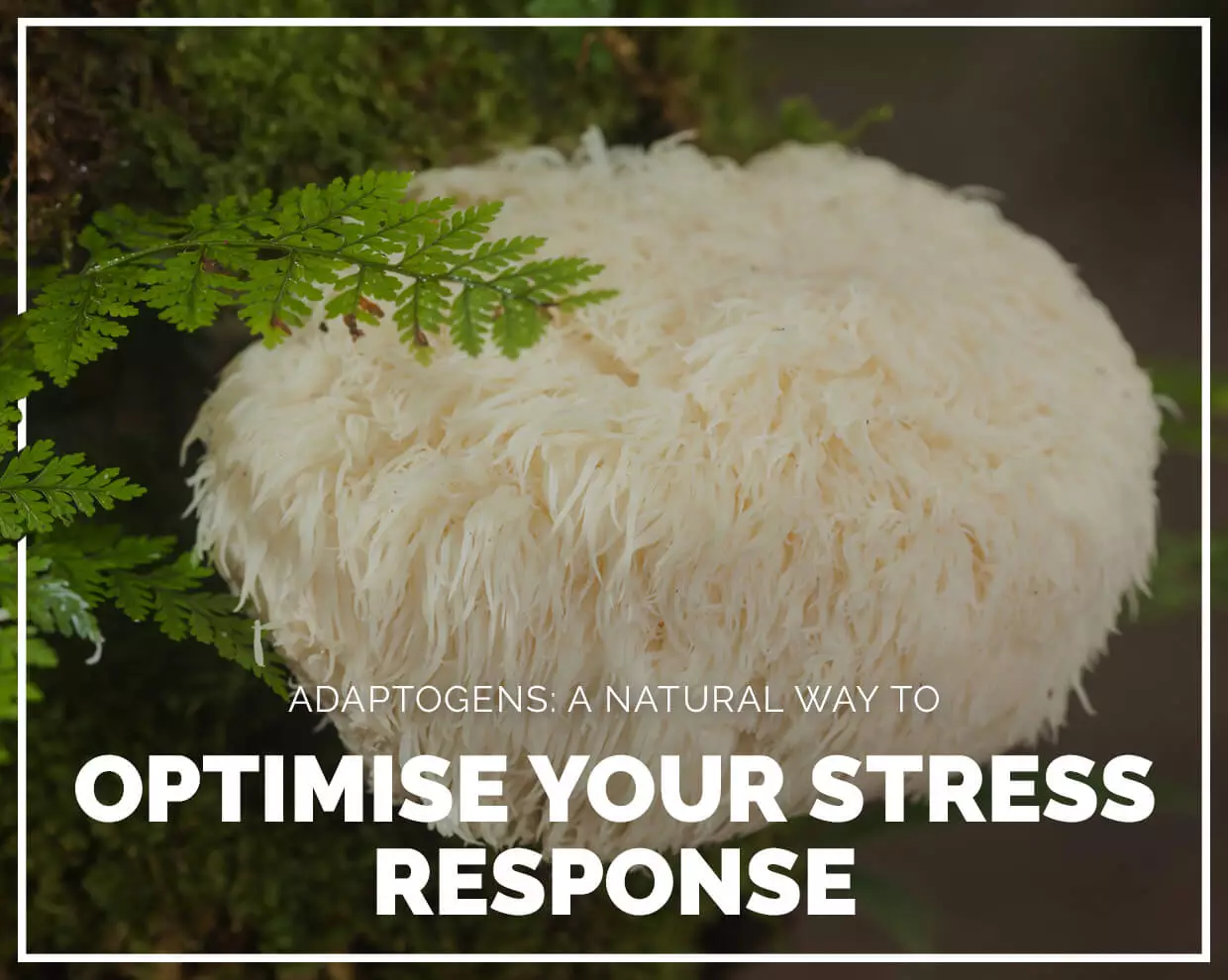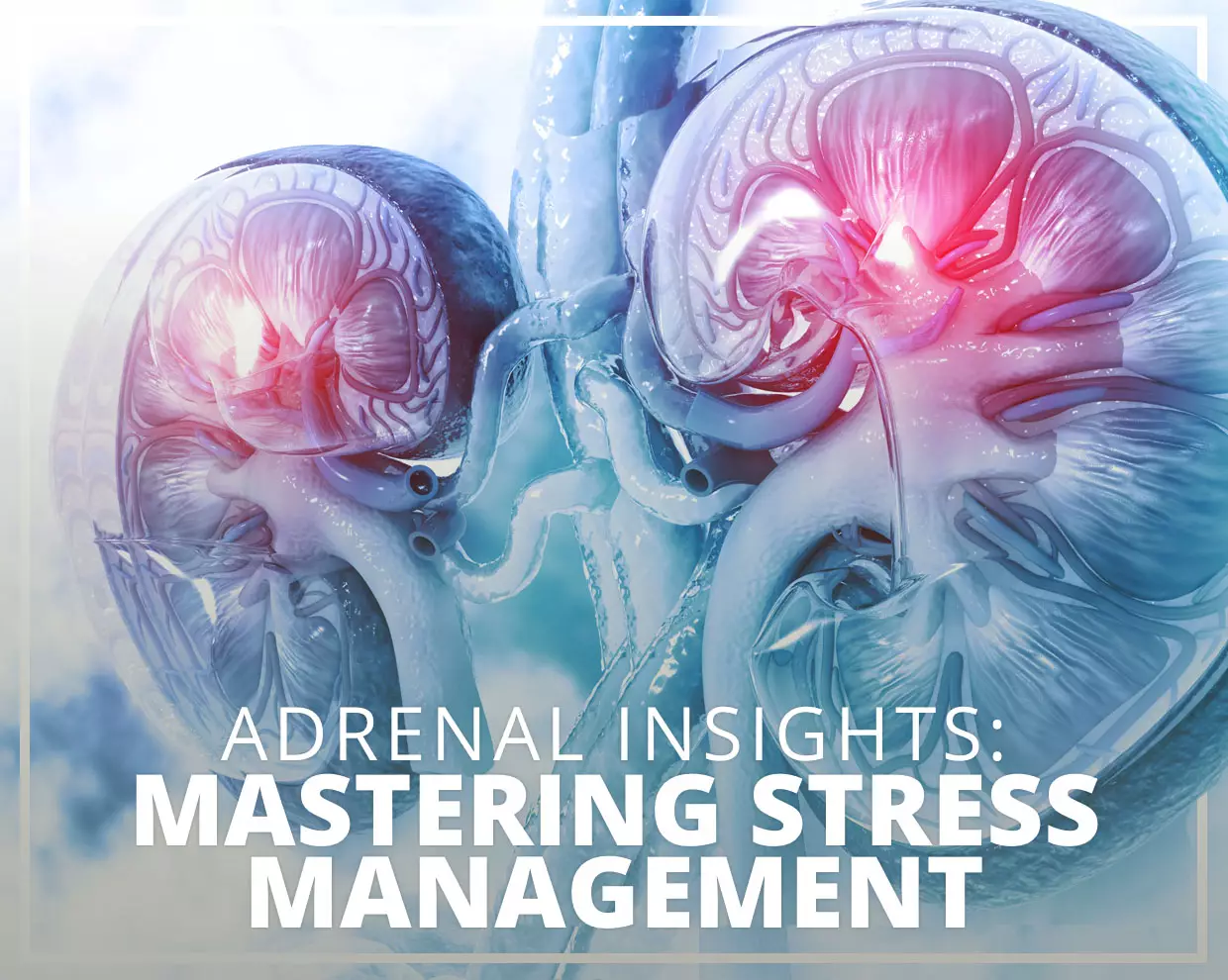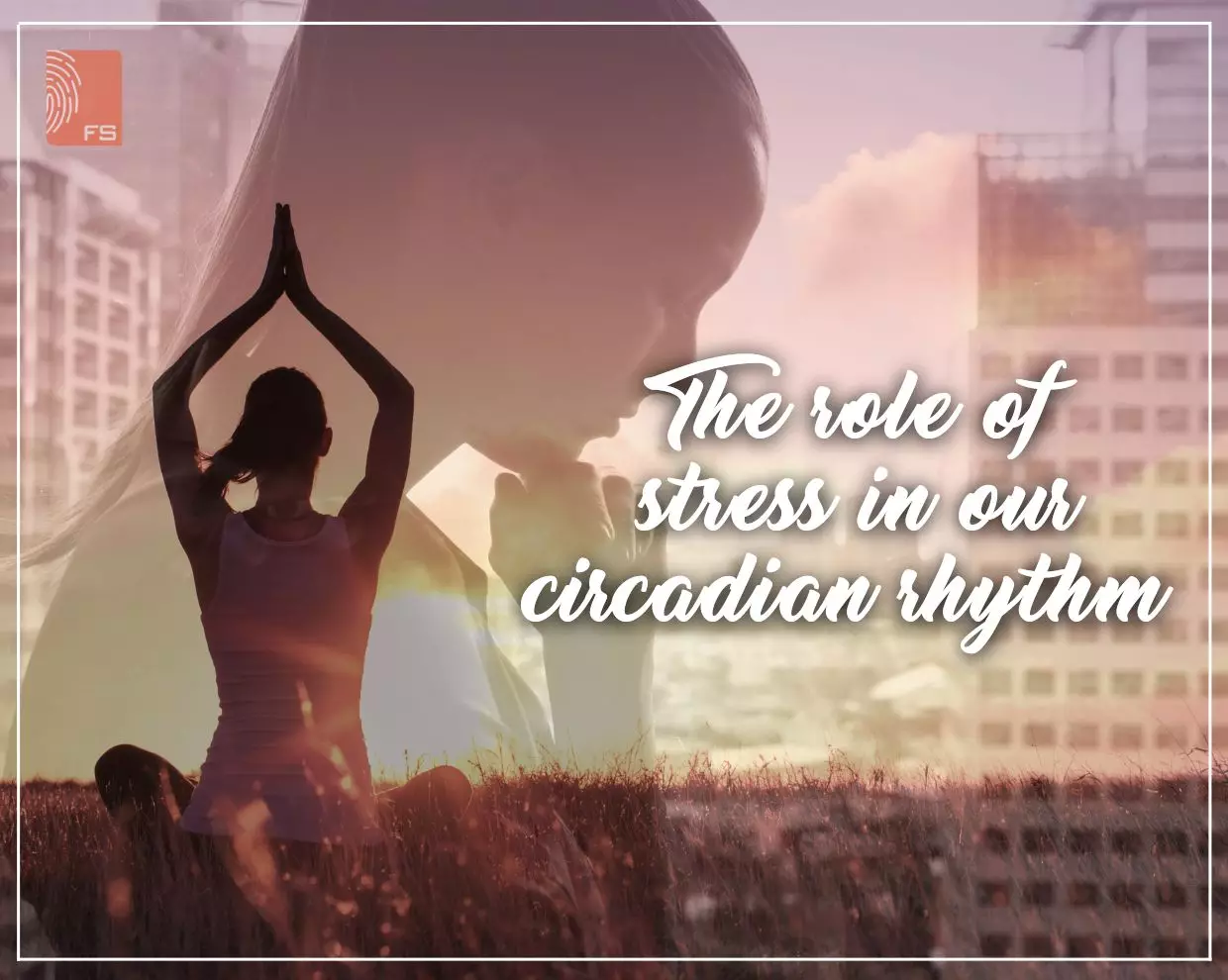In the labyrinth of modern life, where the pace quickens and the noise grows louder, many of us search for a sliver of serenity. The journey towards understanding and managing stress, as well as fostering emotional balance, is increasingly relevant.
This blog post delves into mindfulness and general wellness practices, offering insights into non-medical approaches that individuals might explore alongside their regular health routines.
Please note that this content is designed to educate and inspire thought; it is not a substitute for professional medical advice.
Understanding Mindfulness
Mindfulness invites us to experience the present moment without judgment. This practice, with roots in ancient meditation traditions, encourages an awareness of our immediate experiences—the rhythm of our breath, the sensations of air on our skin, or the intricate patterns of the world around us—without the overlay of past or future narratives.
Techniques for Navigating Stress
Some people find several non-medical techniques associated with mindfulness beneficial for navigating stress and promoting a sense of emotional balance.
Here are a few:
Mindful Breathing
This simple practice involves focusing on one's breath to anchor the present moment. It's accessible anywhere, anytime, and offers a way for some to momentarily step back from the stresses of daily life.
Body Scan Meditation
Through this technique, individuals mentally traverse their bodies, noting areas of tension and consciously releasing them. It's an exercise in becoming attuned to bodily sensations and promoting relaxation.
Yoga and Tai Chi
Blending physical postures, breath control, meditation, yoga, and tai chi are explored by many for their potential to support stress management and enhance mental focus through gentle movement.
Nature Walks
Mindful engagement with nature, through walks or simply spending time outdoors, can offer a reprieve from daily stressors, encouraging a focus on the sensory experiences of the natural world.
Journalling
Writing reflectively about thoughts and feelings can provide a structured way to explore one's inner landscape, offering a sense of release and increased self-awareness.
Scientific research explores mindfulness and its associated practices and offers intriguing insights. Studies indicate potential changes in brain structure and function related to mindfulness practices, particularly in areas linked with attention and emotional regulation.
However, these findings highlight the diversity of individual experiences and are part of an ongoing scientific community conversation about mindfulness's role in supporting mental wellness.
Mindfulness and related practices offer avenues for exploring stress management and emotional balance within the context of a comprehensive approach to wellness.
Incorporating mindfulness into one's life can be a step towards more mindful engagement with the world and oneself, forming part of a multifaceted strategy for navigating the complexities of modern living.
However, it's important to remember this journey is highly personal, and consulting with healthcare professionals can provide guidance tailored to individual needs and circumstances.

 AU Store
AU Store  UK Store
UK Store NZ Store
NZ Store EU Store
EU Store






















